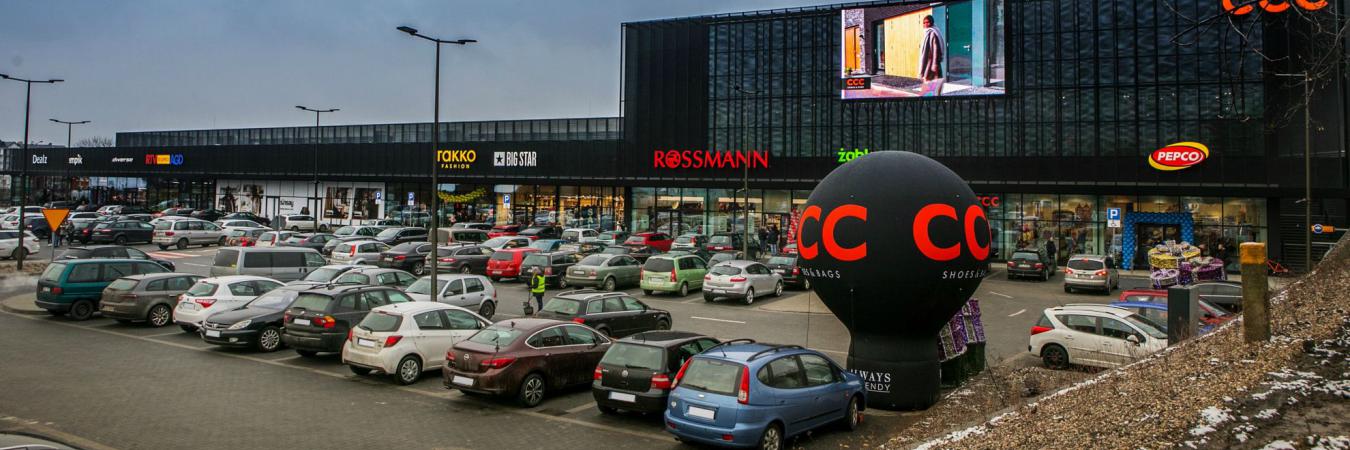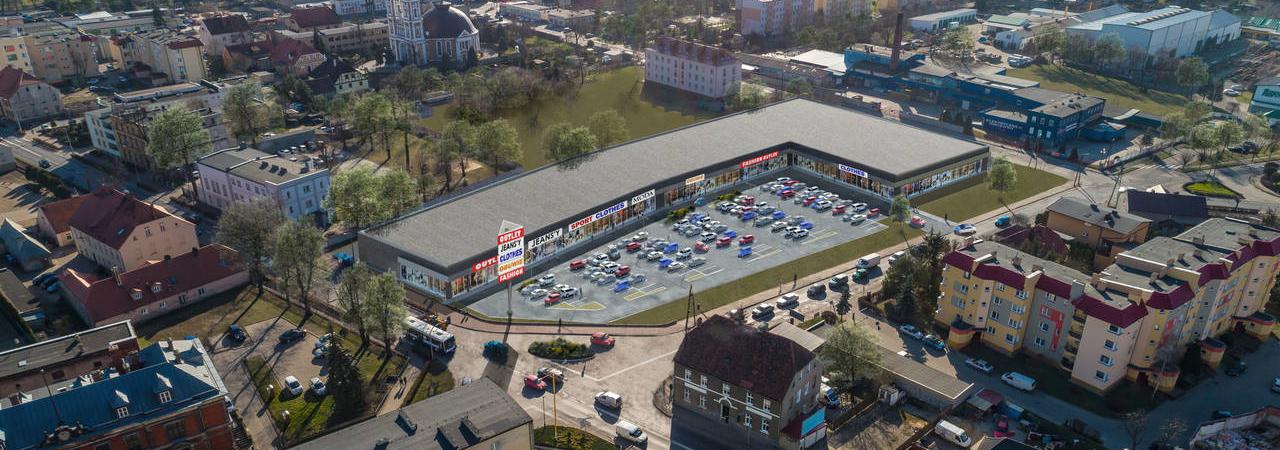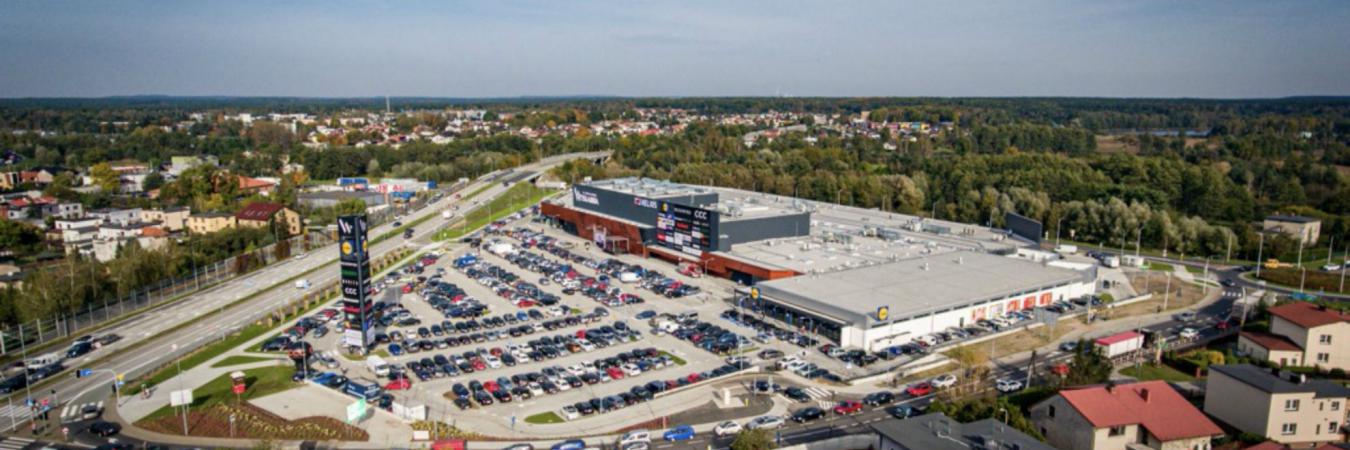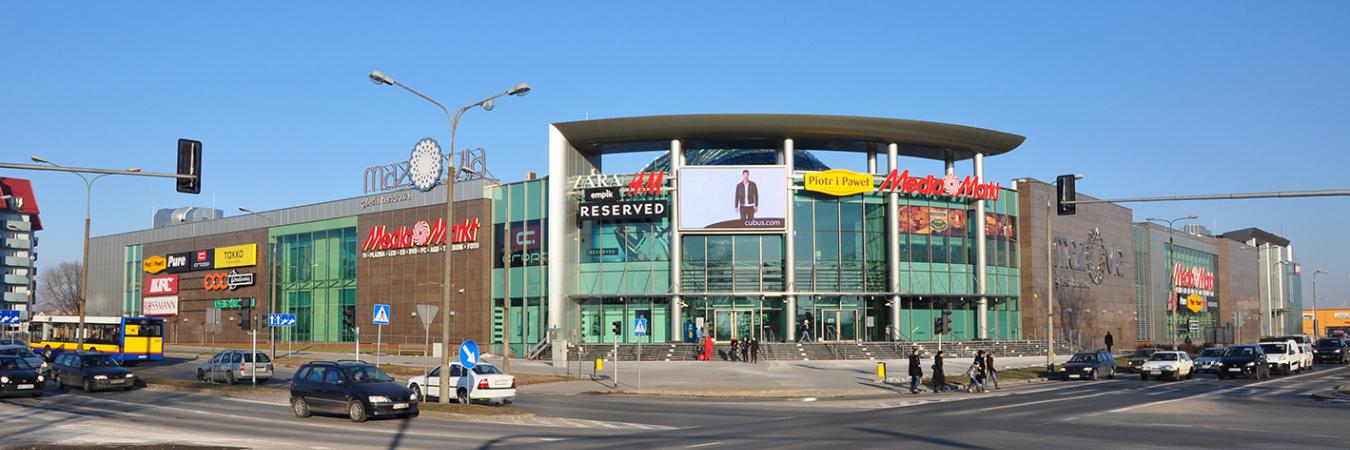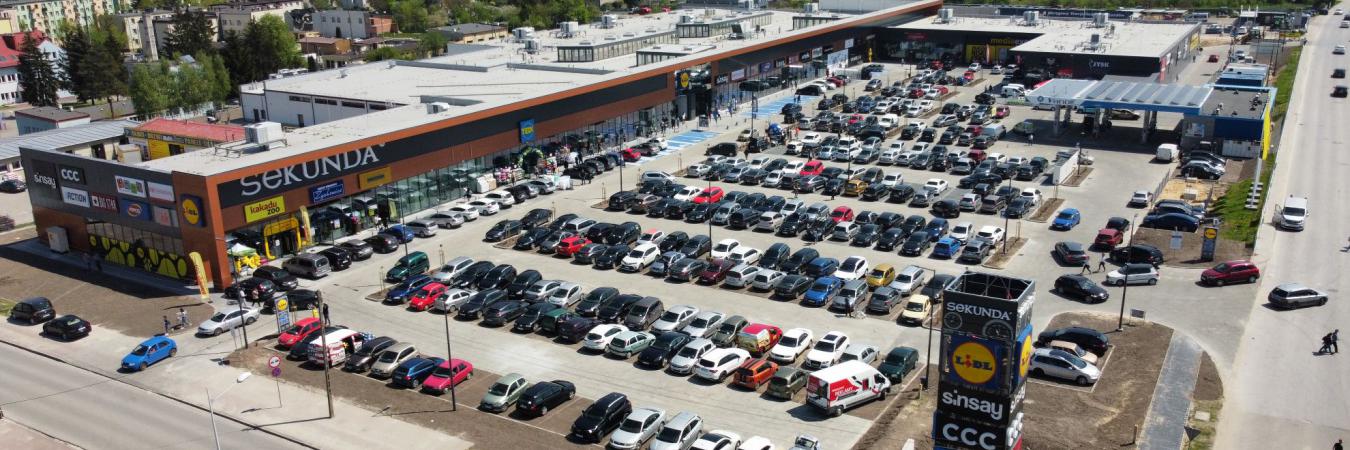News
Ewa Ściubidło, Mallson: the optimal model is parallel guaranteed and turnover rents
There were cases of solely the turnover rent and in addition in combination with a high fit-out for the tenant. Poor turnovers result in the fact that there are investors who are willing to pay such a tenant again, but this time ... to withdraw from the contract - in the second part of the interview for SCF News / Retailnet.pl say Ewa Ściubidło, Vice President of the Board, Mallson Polska. The first part of the interview can be read HERE.
The pace of development of commercial networks will slow down. Not all tenants will return to the locations where they were before the pandemic. Are we threatened by the spectrum of vacancy rates? Or maybe we will have the first falls of shopping malls?
Intensive negotiations are underway between Tenants and Landlords. We also actively participate in them, helping both parties to reach a compromise.
This is not an easy topic but the effects of the pandemic have affected everyone, it is necessary to communicate and get down to earth with expectations. Galleries without tenants will not exist and tenants will not grow without galleries or shopping parks. Some smaller networks are preparing for bankruptcy or restructuring, there will be some vacant premises, but in the long run, the commercial property market will defend itself.
Is a new deal possible in the tenant-landlord relationship. For example, many tenants expect rents to be solely from turnover in the future. Is it possible?
In our opinion, it is absolutely impossible.
Why?
Because of a few reasons:
First of all - banks will not agree to it, so it would stop the development of the market.
Secondly - remember that commercial facilities are for the most part products for sale. Buyers, for the most part, uncertain rents on turnover are valued at a huge discount, or even write to Excel "zero".
Thirdly - there are already many doubts regarding the settlement of rents from turnover, functioning in the contract in parallel with the guaranteed rent.
What do you mean?
There are situations when not only online sales delivered to a store, but also sales of goods shipped from such a store are not included in the turnover. What's more, some companies deduct returns from other stationary stores or on-line from the store's turnover! By the way, we had reports from sellers in stores of such networks who are even more depressed by this fact than landlords. Their employers have high sales targets and often their salary depends on them. It turns out that these targets are often ruined by on-line customers who, unfortunately - just in their stores give away, for example, 4 dresses out of 5 purchased online. We will probably all admit that this is not a fair solution, neither for sellers nor for the landlord.
We also met with a few "ideas" much more "sophisticated" but we will not cite them, because we believe that this is just the perishing dying in the majority of ethically and honestly tenants.
Certainly, the "freezing effect" brought past experience when there were cases of rent solely from the turnover and in addition in combination with a high fit-out for such a tenant. Poor turnover, not penetrating or caused by inferior collections or the above-mentioned issues, results in the fact that there are investors who are willing to pay such a tenant even once more, but this time ... that he withdraws from the contract or shortens and frees up the space for which this rent for trading is often not enough to pay off the loan installment!
Turnover rent increases the risk of the landlord.
This is the last argument, often raised before but most sensible, so it is worth repeating: none of the landlords or banks do not want to make their revenues, i.e. loan installments, dependent on the quality of the tenant's company management, whether the tenant will come with the collection design whether he will organize a good advertising campaign, whether he has good logistics solutions, whether he has properly trained staff in the store, etc.
Figuratively: I think that nobody would like to become a "partner" who has no influence on how the company operates, what product it has, how it sells and markets it. Such a "roulette" can possibly work when we invest on the stock exchange but not in buildings on which investors take tens, sometimes hundreds of millions of zlotys and have a "bank sword" on them.
To sum up: in our opinion, currently guaranteed parallel and rental rates, it is the optimal model for further development of the commercial real estate market. The combination of these 2 elements worked well in renegotiating rental conditions and in many cases helped to reconcile the interests of tenants and landlords in a pandemic period.
In earlier crises there were those who gained. Who can benefit from this crisis?
It was and always will be. This situation is also an opportunity to renegotiate rent and even close unprofitable stores. The vast majority, however, see a reasonable approach of both sides. Although I must admit that we have devoted a lot of time to explaining to some landlords that the high turnover of some stores after reopening does not mean tenants' profits, and often quite the opposite - after taking into account much lower or even negative margins on highly discounted products.
At the same time, I admit that it was probably harder to convince tenants to try to look objectively at the situation.
The landlords have not really received any help from you. This is especially true of Polish investors who, having no "headquarters" that would help in difficult times, could not count on support. Such facilities built with enormous financial effort suddenly lost all income stream, yet, both taxes and bills for maintenance of these facilities were payable, the specter of insolvency or even real estate enforcement appeared. A tenant who can take advantage of many forms of assistance from the State, shield, ZUS dismissals, etc. it should not be surprising that the landlord does not want to, but cannot release him from rent or grant big discounts for many months to come. It was the most difficult moment of negotiations.
In our opinion, the biggest mistake of the entire industry was that from the beginning it was not possible to speak with one voice to the rulers and to develop a systemic solution that would minimize losses for both parties, not just one.
Source: Retailnet.pl



